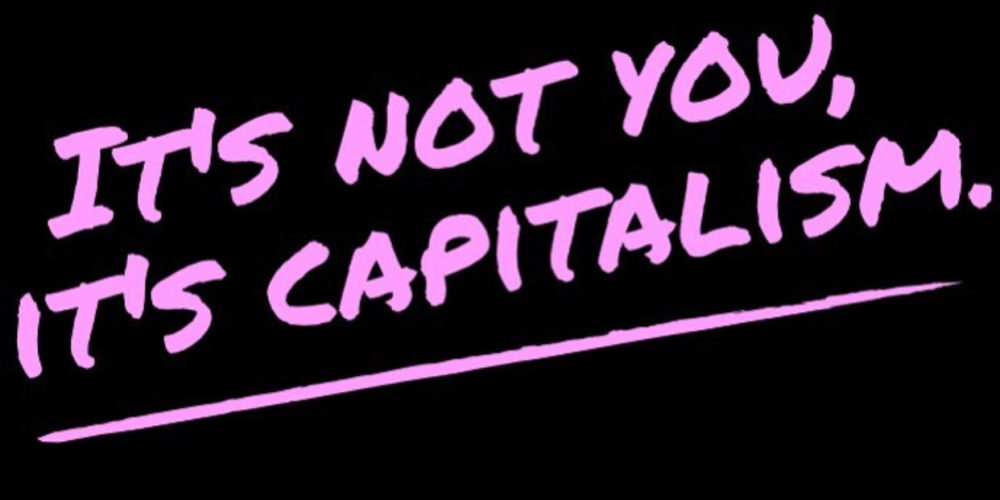Ireland’s mental health crisis was already in a bad way before covid; now it’s getting even worse. Covid has not caused the crisis, it has only made it even more serious.
As quarantine conditions worsen, it’s becoming more apparent that isolation and alienation are a serious danger to human beings. Yet alienation is a central component of capitalism as a system. As a species we are, out of necessity, social beings. We rely on one another to survive and live, whether nurses, teachers, cleaners, or bus- I drivers. Regardless of the system we live under, we rely on relations with others to survive. Yet it is this very social natural order that capitalism seeks to destroy. For decades, “neo-liberalism” has developed an individualist culture, with myths about the “self-made man” and so on fostering an inherently egotistical view of human beings. In any society, the prevailing attitudes are not spontaneous but are the ideological reflection of the ruling class and the image it wants to promote of itself. It is no exaggeration to say that our present conditions, when capitalism is seemingly on the way out, are when, like a cornered rat, it manages to cause the most moral damage.
We live in a culture whose defining features are such things as the selfie, social media, and individual identities, all coming together to unconsciously create a collective narcissism. To take some examples, in the 1970s punk music gave an expression to the frustrations of working- class youth and their anger at the status quo, until it was co-opted and commercialised. The same goes for rap and the hip-hop music of the 1990s: once it was commodified it became more about selling records than expressing ideas.
The education system does not promote critical thinking but instead repeats the ruling narrative that the only people we should model ourselves on are the “successful,” those whose wealth defines them. As these people by their very nature can only be a tiny number, it sends the message to the majority that they are not good enough. The so-called “self-help” industry has churned out a massive number of publications aimed at giving people the silver bullet for fighting their insecurities. In reality, all that these millionaire motivational speakers and authors achieve is making a profit for themselves.
There is an even more dangerous pharmaceutical industry, which makes money off people with mental health difficulties. It goes without saying that the capitalist class, which makes money only so long as people are ill, are surely opposed to actually solving the root of the issue.
Is it so surprising that there are so many young, and some very young, people who have issues with anxiety, when all the media have to show is constant bad news—the environmental danger, for example? What makes it worse is that it’s not made clear that such issues as the climate emergency don’t happen because human beings are morally bad, or other esoteric nonsense, but in reality are directly a result of capitalism and its priority of profit. The achievements of socialism are hidden, so promoting the lie that there is no alternative.
Even among the left there is a prevailing sense of defeatism and despair. We have been fed a lie that individuals change the world, and this places a massive burden on left activists. It is class struggle that is the motor of history, and it is in class solidarity that we find a purpose, not in individual action. As long as we continue to look to Twitter, or setting up a podcast or Youtube, or whatever else is trendy, for expressing one’s political convictions we miss the point that it’s what we do collectively that makes the difference. The pandemic has only accelerated the crisis, with the mental health services, north and south, being starved of financing. People are working longer hours for less pay and living in homes where the rent is too high, only talking to one another on line. No wonder there is also a massive substance-abuse problem. In the Six Counties there have been as many deaths in the twenty years since the Belfast Agreement as there were in the three decades of armed conflict.
Frantz Fanon wrote in The Wretched of the Earth that the success of the oppressor lies in their ability to make the oppressed look at themselves in the way the oppressor views them. This can only be changed through a complete transformation of social relations, towards socialism.






